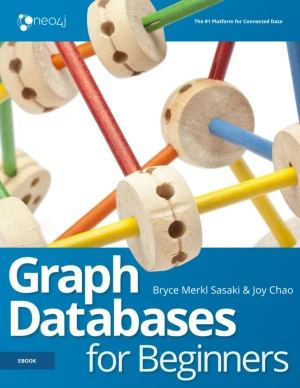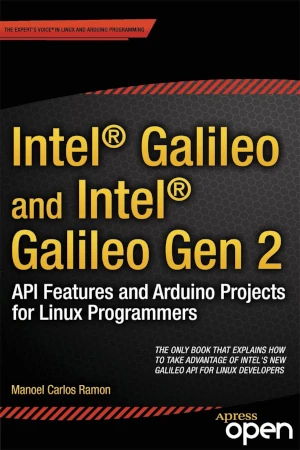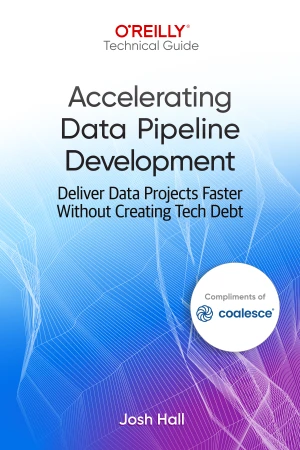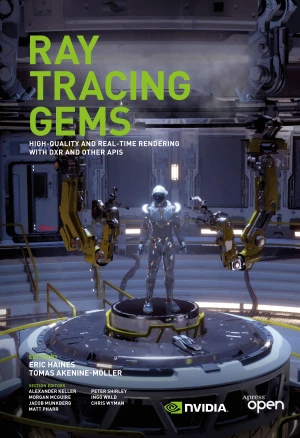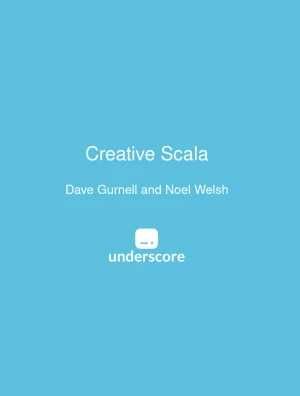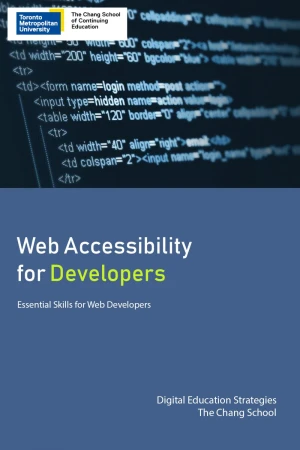Blockchain and Crypt Currency
Building a High Quality Marketplace for Crypt Data
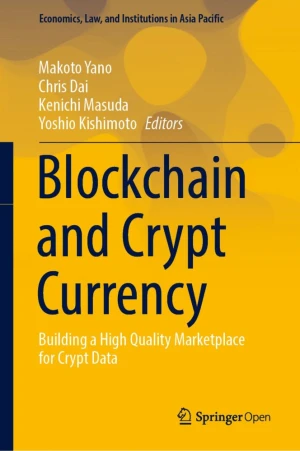
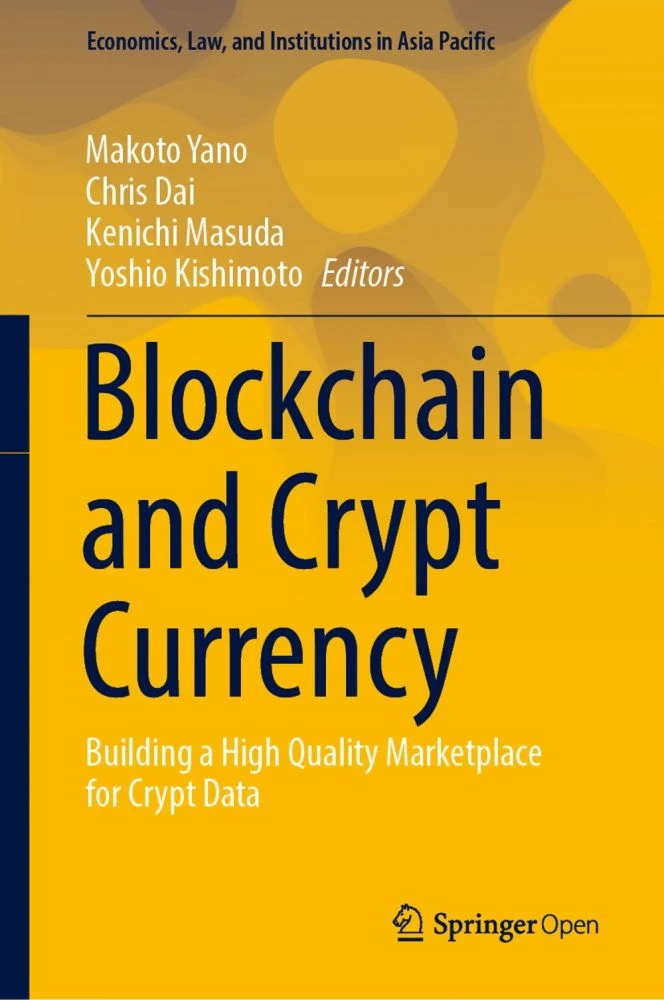
Book Details
| Authors | Makoto Yano, Chris Dai, Kenichi Masuda, Yoshio Kishimoto |
| Publisher | Springer |
| Published | 2020 |
| Edition | 1st |
| Paperback | 150 pages |
| Language | English |
| ISBN-13 | 9789811533754, 9789811533761 |
| ISBN-10 | 981153375X, 9811533768 |
| License | Creative Commons Attribution-NonCommercial-NoDerivatives |
Book Description
This book contributes to the creation of a cyber ecosystem supported by blockchain technology in which technology and people can coexist in harmony. Blockchains have shown that trusted records, or ledgers, of permanent data can be stored on the Internet in a decentralized manner. The decentralization of the recording process is expected to significantly economize the cost of transactions.
Creating a ledger on data, a blockchain makes it possible to designate the owner of each piece of data, to trade data pieces, and to market them. This book examines the formation of markets for various types of data from the theory of market quality proposed and developed by M. Yano. Blockchains are expected to give data itself the status of a new production factor. Bringing ownership of data to the hands of data producers, blockchains can reduce the possibility of information leakage, enhance the sharing and use of IoT data, and prevent data monopoly and misuse.
The industry will have a bright future as soon as better technology is developed and when a healthy infrastructure is created to support the blockchain market.
This book is available under a Creative Commons Attribution-NonCommercial-NoDerivatives license (CC BY-NC-ND), which means that you are free to copy and distribute it, as long as you attribute the source, don't use it commercially, and don't create modified versions.
If you enjoyed the book and would like to support the author, you can purchase a printed copy (hardcover or paperback) from official retailers.
Download and Read Links
Share this Book
[localhost]# find . -name "*Similar_Books*"
Graph Databases For Beginners
So someone has heard about graph databases and wants to understand what all the buzz is about. Are they just a passing trend - here today and gone tomorrow - or are they a rising tide that businesses and development teams can't afford to ignore? Whether they're a business executive or a seasoned developer, something - perhaps a pressing business ch
Intel Galileo and Intel Galileo Gen 2
Intel Galileo and Intel Galileo Gen 2: API Features and Arduino Projects for Linux Programmers provides detailed information about Intel Galileo and Intel Galileo Gen 2 boards for all software developers interested in Arduino and the Linux platform. The book covers the new Arduino APIs and is an introduction for developers on natively using Linux.
Accelerating Data Pipeline Development
Today's data engineering teams are overwhelmed - juggling fire drills and endless requests while relying on manual, repetitive processes for building data pipelines. This much-needed tech guide from author Josh Hall introduces a practical approach to streamlining pipeline development, empowering teams to work smarter, not harder. Using Coalesce, a
Ray Tracing Gems
This book is a must-have for anyone serious about rendering in real time. With the announcement of new ray tracing APIs and hardware to support them, developers can easily create real-time applications with ray tracing as a core component. As ray tracing on the GPU becomes faster, it will play a more central role in real-time rendering. Ray Tracing
Creative Scala
Creative Scala is designed for developers with no prior experience in Scala, offering a fun and gentle introduction to functional programming. The book assumes only basic familiarity with another programming language and little to no exposure to Scala or functional programming concepts. The authors have three main objectives with this book: 1. Intr
Web Accessibility for Developers
Web Accessibility for Developers is a technical resource aimed primarily at programmers. Learn how to develop accessible interactivity on the Web and gain expertise using WAI-ARIA, a W3C specification that enables optimal use of assistive technologies, like screen readers, when navigating the Web. By the time you complete this book, you should be a

